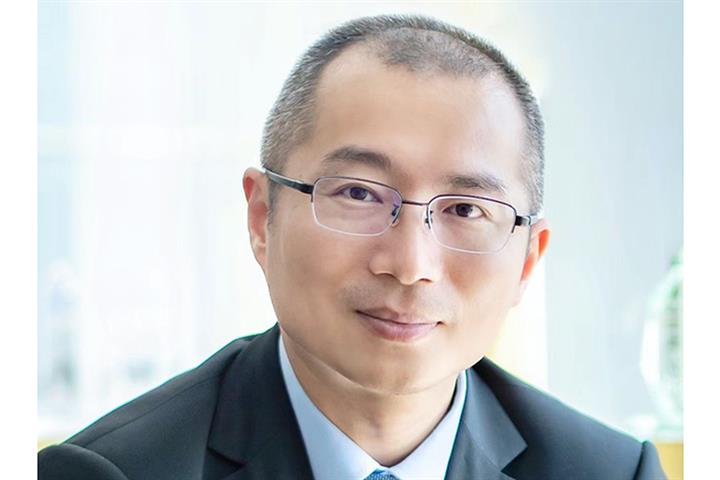 Michelin Is Upbeat on Investing, Growing Business in China, Local CEO Says
Michelin Is Upbeat on Investing, Growing Business in China, Local CEO Says(Yicai Global) Aug. 30 -- China’s automobile sector is going through unprecedented changes, but Michelin is still confident about investing and developing its business in the country, according to the tire giant’s chief executive in China.
“Time waits for no man,” Ye Fei said in an interview with Yicai Global. “We can only master opportunities by facing up to challenges. All you need is the courage to do what you want to do in a country with an increasingly sound environment.”
Ye became CEO of Michelin China on March 1, and is the company’s first Chinese CEO in its 34-year history. He joined in 2000, and held management positions in France and Romania before China.
Ye recalled that in 2000, when China’s annual vehicle sales stood at just 2 million units, he was in charge of tire sales in the passenger car post-market in China’s central Hubei province. Back then Michelin’s regional monthly sales target was just a few hundred.
“But Michelin was confident about the prospects of the Chinese market and started to build facilities for production and product research and development,” he noted.
China became the world’s largest auto market in 2009, and Michelin began to benefit from its business presence in the country. The firm’s success in the nation also promoted its technical changes globally, he said, noting that all of Michelin’s high-performance tire research teams targeting Asian markets are located in China.
For example, Michelin China dismantles tens of thousands of tires in their late life cycle every year to collect data and deliver feedback on Chinese roads to its headquarters in Clermont-Ferrand, France to develop tires that adapt better to the country’s roads, he stated.
“The Chinese market has been growing rapidly, which has kept us on our toes, constantly thinking what to do to meet the demand of Chinese users,” Ye said. “Of course, we cannot be content with existing products and service systems.”
Under the impetus of Michelin China, starting from 2017, every tire that enters the Michelin product catalog needs to conform to Chinese road conditions, Ye revealed. And now, thanks to the rapid development of China’s NEV sector, Michelin China is also sending feedback on NEV tires to its HQ.
NEVs have higher requirements on tires due to their technical features, he added, noting that Michelin has unveiled two types for NEVs in China. Around 40 percent of China’s mid- and high-end NEVs use Michelin tires.
In Ye’s view, Michelin will face new changes, challenges and opportunities in China’s auto industry.
For instance, NEVs need less frequent maintenance and repairs than fuel vehicles, thus NEV suppliers and buyers have less direct contact. So tire producers must blend into the new ecosystem built by NEV makers to provide consumers with better services, he said.
Editors: Tang Shihua, Peter Thomas